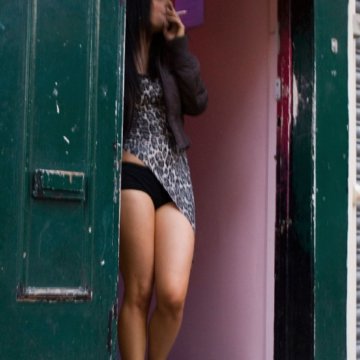- About
- Topics
- Picks
- Audio
- Story
- In-Depth
- Opinion
- News
- Donate
-
Signup for our newsletterOur Editors' Best Picks.Send
Read, Debate: Engage.
That's what Amnesty International's council meeting will decide next week when they are asked to vote on a proposal that would recognise prostitution as a human right.
By doing so, Amnesty is asserting that prostitution is a matter of free choice.
“By definition,” Amnesty’s proposal states, “sex work means that sex workers who are engaging in commercial sex have consented to do so."
Except we all know that for many vulnerable caught up in the trade, prostitution is most certainly not a matter of free choice.
What about child sexual abuse? What about the power differences between sex workers and pimps, the power balances of sex and race? These powers dominate the commercial sex industry.
And it is only in few countries where sex work can be anything close to guaranteed safe.
In Sweden, for example, there is a legal distinction between workers forced into the industry by poverty, violence or discrimination, and customers who exercise power and privilege. Swedish law criminalises only those buying, instead offering support services to those who are bought.
While it might be possible to legalise sex work through such legal distinctions, Amnesty is so far failing to make this distinction.
Proposing to legalise the sex industry without further precautions is irresponsible, and Amnesty should know better.
